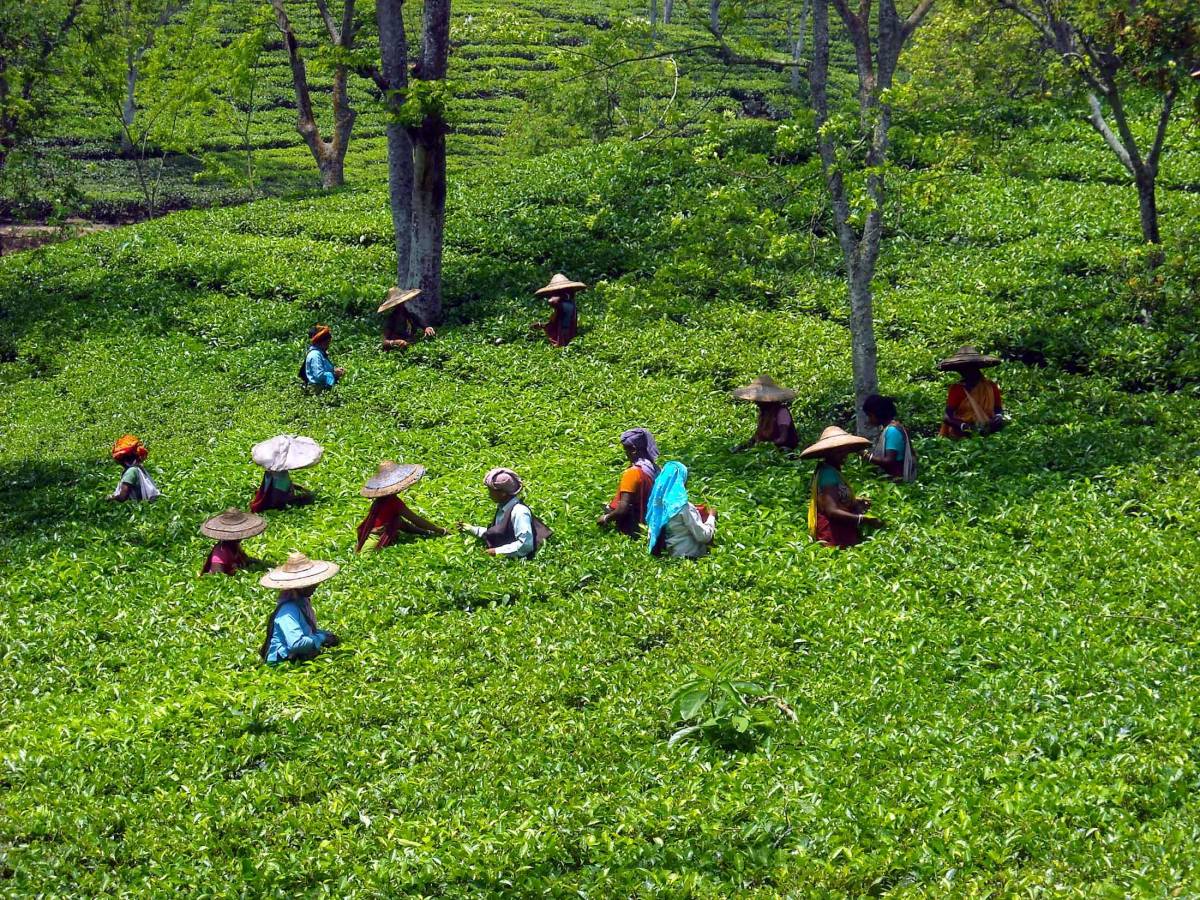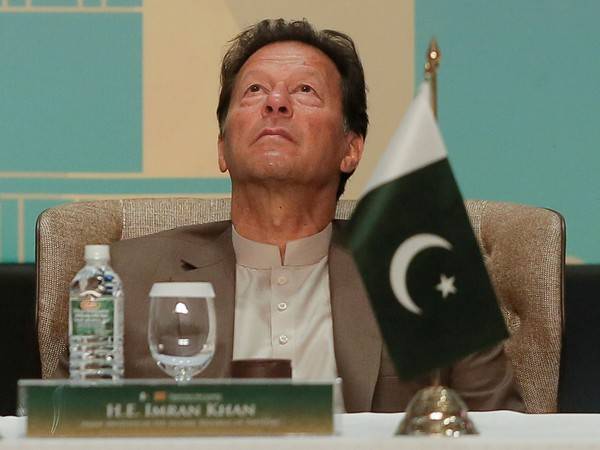At present, most of the tea produced in the region is transported by road to Kolkata for export…reports Asian Lite News
Land-locked Assam can become an export hub for tea if the beverage is shipped out through the Indo-Bangladesh Protocol on Inland Water Transit and Trade route.
The recent arrival of cargo vessels from Patna to Guwahati, via the protocol route, has given tea growers a hope that Guwahati can become a hub for the tea trade.
At present, most of the tea produced in the region is transported by road to Kolkata for export.
“To achieve this export feat, proper hand-holding by the Centre for at least five years will be required and a special scheme may be devised under the government’s Act East Policy initiative,” Bidyananda Barkakoty, Adviser to North Eastern Tea Association, said in a memorandum to Union Finance Minister Nirmala Sitharaman during her recent visit to the region for a post-Budget interactions with industrialists and stakeholders.
If India can achieve export volumes of 300 million kgs annually, a large part of the industry’s issues will automatically get resolved, the Memorandum said.
“Though 300 million kgs export of tea from India is easier said than done but it is not impossible.
“There is potential for tea producers of Assam to export directly from their factories instead of exporting through merchant exporters based outside Assam,” it said.
Livelihood of a sizable section of people is dependent upon the tea industry in the state.
Assam alone produces over 50 per cent of the country’s annual tea output.
Besides, citing installation of irrigation machineries as expensive, the association urged the Centre to chalk out an irrigation scheme for the sector comprising both sprinkler and drip technologies.
“Tea is a climate dependent industry. In recent years, we have witnessed a huge impact of Climate Change in the tea industry. Due to this it has become almost impossible to survive without irrigation,” the Association said.
Lastly, it sought support for installation of solar plants in the tea estates, which understandably will reduce some burden on energy costs in the long-run.
“There is huge potential for the installation of solar plants in tea estates. In every tea estate there are barren lands which are not suitable for tea plantations and can be used for installation of solar plants.
“Thus, a scheme on solar plants specific to the tea industry would be a win-win situation,” it said.
ALSO READ-India’s tea export likely to hit due to Ukraine crisis











